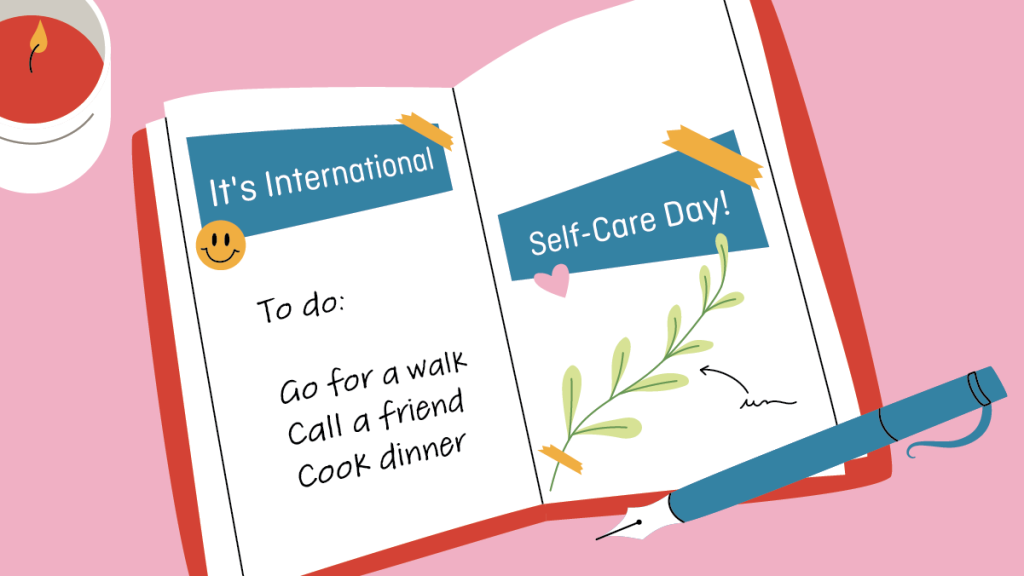International Self-Care Day is July 24 — a symbolic date that means “24 hours a day for 7 days a week” — and caps off the World Health Organization’s (WHO) Self-Care Month.
WHO defines self-care in two parts: actions and interventions. Actions relate to habits, practices, and lifestyle choices, such as exercise, a healthy diet and regular social opportunities. Interventions are research-based tools that support self-care (learn more in this video).
Actions and interventions don’t have to be huge. For instance, actions can be remembering to add something healthy, such as fruit, to your morning meal or taking 10 minutes for a walk or conversation with a friend. Interventions can be using a tool to reevaluate your total diet, or planning out your week so you have more time to relax when you need it.
Self-care empowers individuals and the organizations they serve. If we want to thrive, we should be caring for ourselves every day, not just on weekends or days off from work.
This week, think about your own well-being and self-care.
What small but effective actions can you take each week or day to take care of you?
Also, think about the well-being of your teams. Consider how you can support well-being and self-care as an organization or department. Try to have a conversation about that with colleagues, and come up with some new, manageable self-care ideas that could benefit everyone.
For inspiration, check out the following resources:
WHO’s factsheet on self-care for health and well-being and Self-care interventions for health and well-being Communications Toolkit 2024
and these resources by GovLoop:
6 Ways to Support Your Team’s Well-Being
On the Brink of Burnout? 3 Ways to Practice Self-care
Self-Care Through Self-Reflection
Taking Care of You: Professional Self-Care Tips for Government Employees

